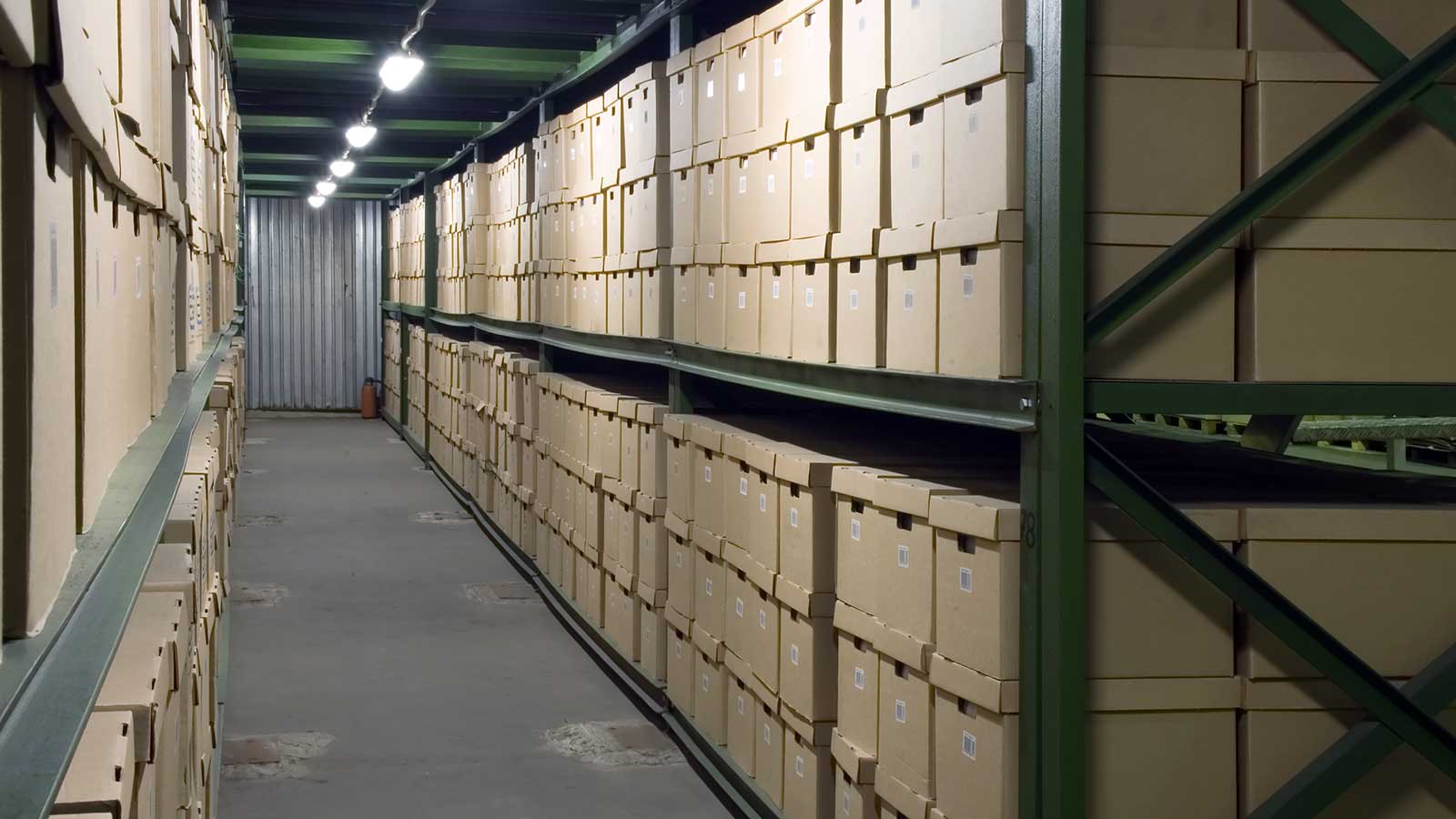Table of contents
Document scanning is a process that turns physical documents into digital versions, converting piles of paper into searchable, easily accessed files. It has become an indispensable tool for modern-day businesses looking for solutions in records management.
The history of document management technology dates back to the early 1900s, when paper-based storage was the only way to keep important documents. For record-keeping purposes, technologies such as files, papers, and folders were the go-to methods of organization. However, this evolved to the use of typewriters and carbon paper as a means of creating and copying documents.
As technology advanced, computers and printers became standard tools in the office, enabling digital documentation of various files. Electronic file storage rolled out, and businesses could now store, search and retrieve documents using software programs like Microsoft Word or Excel. However, these documents still required physical space and retention time to remain legally compliant. This is where document scanning comes in.
Today, companies are faced with an avalanche of paper cluttering up their offices, from invoices, receipts, letters, and archives. This translates to increased costs that come with hierarchies of document management personnel, storage facilities, and the risks of information theft or loss. With the rise of document scanning and storage, businesses can now store, archive, and access documents digitally, saving valuable office space & time, reducing paper waste, and preventing unauthorized access or theft.
One primary benefit of document scanning is increased productivity. Before document scanning, locating specific documents within an office was time-consuming, requiring one to go through files, pages, or folders manually; this can take up to hours of valuable ‘’people-hours.’’ With document scanning, employees can access documents digitally with just a few clicks on a keyboard, without ever having to leave their desk chair. This means you can quickly find the right documents needed without any delay, keeping things moving efficiently within the office.
Another benefit of document scanning is cost-saving. Investing in software, personnel to oversee the management and storage of files/folders can create overheads. When you consider the cost of storage, security or hiring an additional workforce, such high expenditure is a burden to businesses. Document scanning saves the required space and money, enabling businesses to save up to thousands of dollars annually.
In today’s digital era, businesses are ditching traditional paper-based systems, making the switch to digital document scanning. Whether you’re a small startup or a large corporation, document scanning can revolutionize your office's efficiency, organization, and level of security. This is where partnering with a document scanning company comes in as it saves you the burden of scanning and storage, optimizing the process professionally and efficiently. Document scanning companies ensure the scanning process is done accurately, securely, and reliably, taking the pain out of scanning on your own.
While document scanning may seem simple, understanding its benefits plays a key role in revolutionizing a business's adaptability to digital transformation. Document scanning is beneficial for companies looking for affordable, secure and efficient ways to manage and store their data, ensuring they remain competitive in their respective industries. As technology advances even further, who knows what creative ways document scanning services may become even more helpful to businesses.
Bummed out that your filing cabinets are still full of paper? No problem! Get a quote to scan your documents!
Share this
You May Also Like
These Related Stories

Back File Scanning: What You Need to Know

The Great Debate: Document Scanning vs. Document Storage

